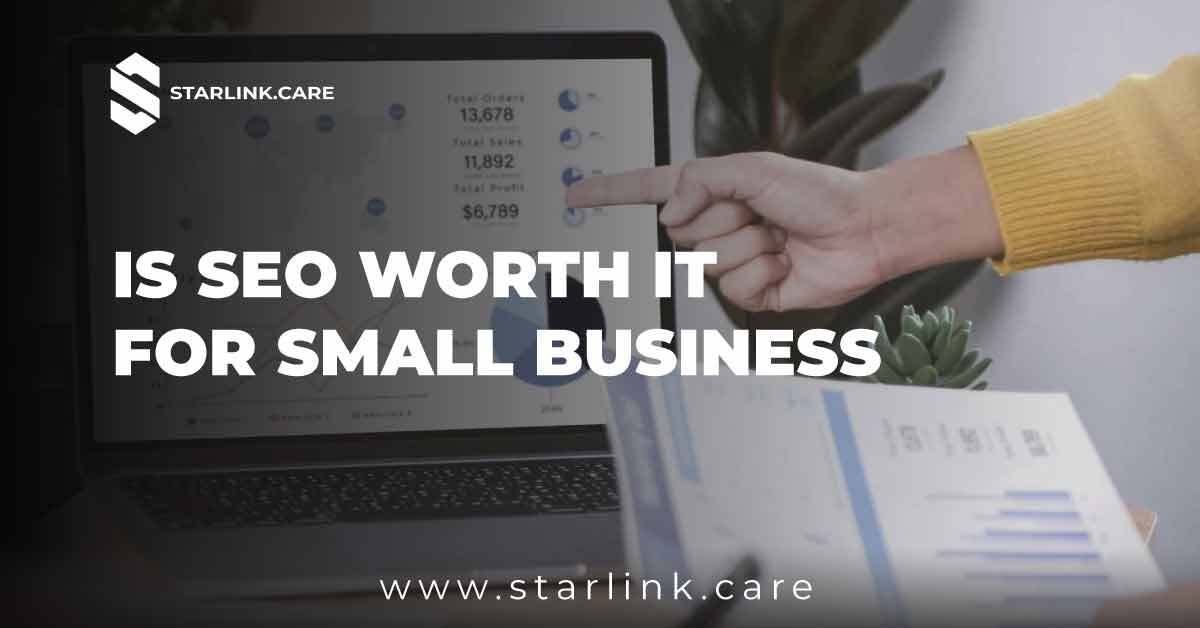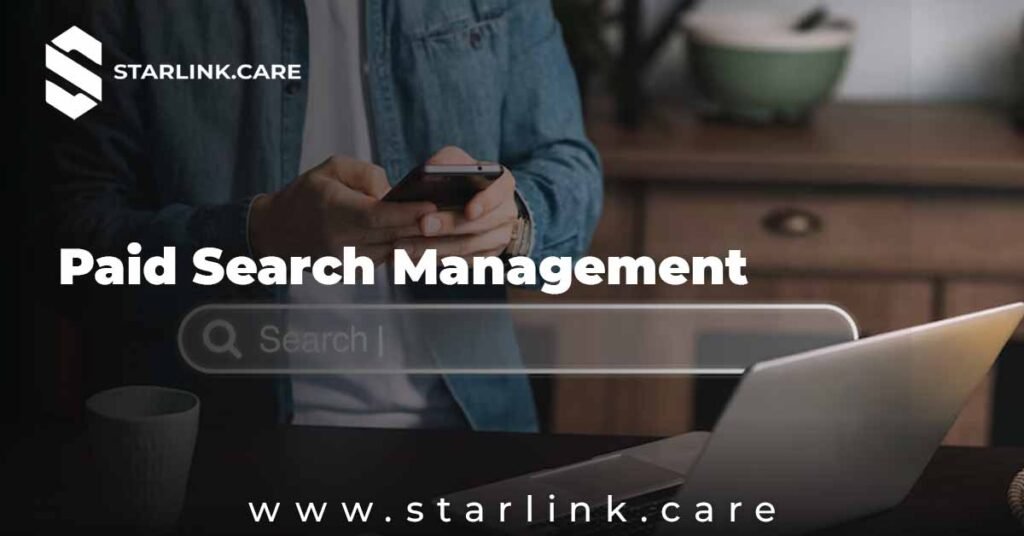Is SEO Worth It for Small Business?
In today’s digital age, the question often arises: Is SEO worth it for small business? The answer, overwhelmingly, is yes! Search Engine Optimization (SEO) can be a game-changer for small businesses looking to increase visibility, attract customers, and boost sales. In this article, we’ll explore why SEO is crucial for small businesses, the benefits it offers, and how to get started.
What is SEO and Why Does It Matter?
Before diving into its benefits, let’s clarify what SEO is. Search Engine Optimization is the practice of optimizing your website to rank higher in search engine results, particularly on platforms like Google. When potential customers search for products or services online, they typically don’t scroll past the first page of results. If your business isn’t on that first page, you’re missing out on valuable traffic.
The Importance of Being Visible Online
Imagine you own a quaint little coffee shop in a bustling city. You serve the best lattes, but if customers can’t find you online, they’ll likely choose another spot. That’s where SEO comes into play. It helps your business become more visible to people actively searching for what you offer.
Benefits of Is Seo Worth It For Small Business
1. Increased Website Traffic
One of the primary benefits of SEO is increased traffic to your website. According to various studies, the majority of clicks go to the top three search results on Google. By optimizing your site, you can improve your chances of landing in those coveted spots. More visitors often translate to more potential customers.
2. Cost-Effective Marketing
SEO is one of the most cost-effective marketing strategies available. Unlike paid advertising, which stops delivering results once you stop paying, good SEO can have lasting effects. With the right strategies in place, your website can attract organic traffic for months or even years without continuous investment.
3. Builds Credibility and Trust
When your website ranks high in search results, it builds credibility. Consumers trust search engines, and being on the first page gives your business an air of authority. Think about it: when was the last time you clicked on a link from the second or third page of results? Probably not often.
4. Better User Experience
SEO is not just about search engines; it’s also about improving the user experience on your website. By optimizing for speed, mobile responsiveness, and easy navigation, you create a better experience for your visitors, which can lead to higher engagement and conversions.
5. Local SEO for Local Businesses
For small businesses that serve specific geographic areas, local SEO is essential. This involves optimizing your website and online presence to attract local customers. When people search for services “near me,” local SEO helps your business appear in those results, connecting you with customers in your area.
Anecdote: A Local Bakery’s Success Story
Is Seo Worth It For Small Business? Let’s consider a small bakery in a suburban neighborhood. Initially, they relied on word-of-mouth and local flyers to attract customers. However, they noticed a significant drop in foot traffic. After investing in local SEO, they optimized their website with local keywords, created a Google My Business listing, and encouraged satisfied customers to leave positive reviews.
Within a few months, the bakery began to rank on the first page for searches like “best bakery in [your city].” The result? A surge in foot traffic and an increase in sales helped the bakery thrive even during tough economic times.
How to Get Started with SEO for Your Small Business
Now that you understand the benefits, let’s explore how to get started with SEO for your small business.
Step 1: Keyword Research
Keyword Research, Begin by identifying the keywords your potential customers are using to search for your products or services. Tools like Google Keyword Planner or Ubersuggest can help you find relevant keywords with good search volume.
Step 2: Optimize Your Website
Once you have your keywords, it’s time to optimize your website. This includes:
- Title Tags: Ensure your primary keyword appears in the title of your pages.
- Meta Descriptions: Write compelling descriptions that include your keywords and entice users to click.
- Content: Create high-quality, valuable content that addresses the needs and questions of your target audience.
Step 3: Create Local Listings
For local businesses, it’s crucial to create and optimize listings on platforms like Google My Business. This helps you appear in local searches and provides essential information like your address, hours, and customer reviews.
Step 4: Build Backlinks
Backlinks, or links from other websites to yours, are vital for SEO. Focus on building relationships with local bloggers, businesses, and organizations to earn quality backlinks that can enhance your site’s authority.
Step 5: Monitor Your Progress
Use tools like Google Analytics and Google Search Console to monitor your website’s performance. Pay attention to metrics like traffic, bounce rate, and keyword rankings. This data can help you refine your SEO strategy over time.
Common Misconceptions About SEO
SEO Is a Quick Fix
One common misconception is that SEO provides immediate results. In reality, SEO is a long-term strategy. While you may see some results in a few weeks, substantial changes often take several months. Patience and persistence are key!
SEO Is Only for Large Companies
Another myth is that only large companies benefit from SEO. In truth, small businesses can leverage SEO to compete effectively in their niches. With the right SEO strategy, even a small bakery can outrank larger chains in local searches.
Conclusion: SEO Is Worth It for Small Businesses
So, Is Seo Worth It For Small Business? Absolutely! The benefits—such as increased traffic, cost-effective marketing, and improved credibility—make it a vital investment for any small business. Whether you run a local bakery or an online store, SEO can help you reach more customers and grow your business.
Is Seo Worth It For Small Business? If you’re unsure where to start or don’t have the time to manage your SEO, consider hiring an SEO agency that specializes in helping small businesses. With their expertise, you can navigate the complexities of SEO and focus on what you do best—running your business.







